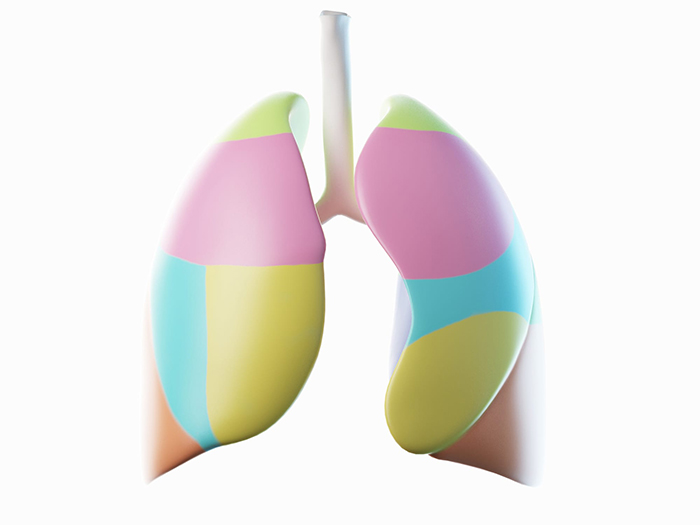Because human airways are open to airborne fungal spores and pathogens, lung transplant patients are especially susceptible to infections, a major cause of post-transplant disease and even death. A reliable means of preventing fungal infection in lung transplant patients is the drug posaconazole. Even though it serves well for preventing infection, the oral suspension has poor bioavailability, or absorption into the bloodstream, and patients need to have low gastric pH and high dietary fat intake for adequate systemic exposure.
In November 2013, the FDA approved a new formulation, a posaconazole extended-release tablet, which doctors at Emory Transplant Center began prescribing to patients because of its predictable absorption and improved systemic exposure.
“The purpose of the research study was to compare the oral suspension with the extended-release tablets and determine the likelihood of achieving therapeutic posaconazole levels, which provides the optimal benefit for patients,” says Michael Hurtik, clinical pharmacist for the heart and lung transplant programs, who was the first author on the study. He and the team’s pulmonologists, including Emory Lung Transplant Program medical director, Dr. David Neujahr, looked at data from a cohort of Emory Transplant Center patients who received single or bilateral lung transplantation between January 2013 and October 2014, and were treated for four months post-transplant with nebulized amphotericin and posaconazole oral suspension or the extended-release tablets.




